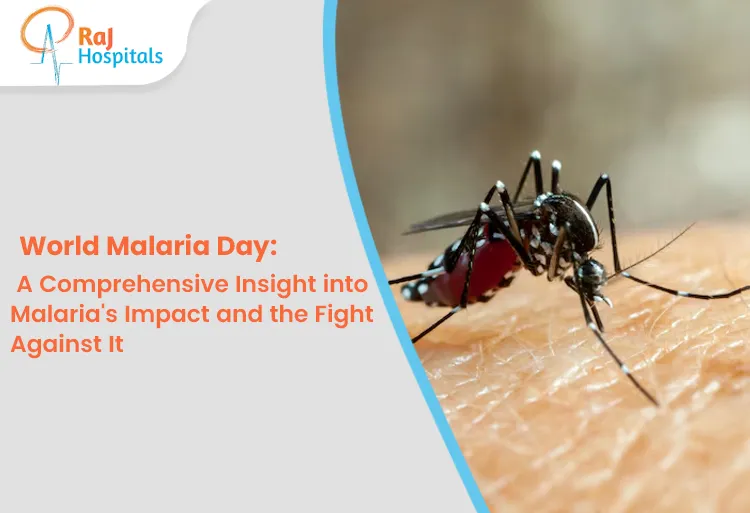Unveiling the Threat of Malaria
Malaria remains one of the most severe public health challenges, affecting millions globally. It is a life-threatening disease caused by Plasmodium parasites, transmitted to humans through the bite of an infected Anopheles mosquito. Despite significant strides in malaria control, the disease continues to burden many, particularly in tropical and subtropical regions.
World Malaria Day
World Malaria Day, observed every year on April 25th, serves as a crucial reminder of the ongoing battle against malaria and the need for sustained investment and commitment to eradication efforts. This day is an opportunity to highlight achievements in malaria control and to reinvigorate global efforts toward eliminating this devastating disease.
The Lifecycle of Malaria Parasites
Understanding the lifecycle of malaria parasites is fundamental in developing effective prevention and treatment strategies. The lifecycle involves multiple stages, including the initial mosquito bite, liver-stage infection, and subsequent blood-stage infection, which is responsible for malaria's clinical symptoms.
Advancements in Malaria Prevention and Control
Prevention remains the cornerstone of malaria control efforts. Strategies such as the use of insecticide-treated mosquito nets (ITNs), indoor residual spraying (IRS), and antimalarial drugs have significantly reduced the incidence of malaria. The development of malaria vaccines represents a groundbreaking advancement, offering new hope in the fight against this disease.
The Role of Global Partnerships in Eradicating Malaria
The fight against malaria requires a collaborative approach, involving governments, non-profit organizations, and communities. Partnerships such as the Roll Back Malaria (RBM) initiative and the Global Fund have been instrumental in mobilizing resources and coordinating efforts to reduce the burden of malaria worldwide.
Challenges in Malaria Eradication
Despite progress, challenges such as drug resistance, insecticide resistance, and inadequate healthcare infrastructure complicate malaria eradication efforts. Addressing these challenges necessitates innovative solutions and sustained political and financial commitment.
Malaria's Socio-Economic Impact
Malaria not only takes a toll on human health but also imposes a heavy socio-economic burden on affected communities. The disease hampers productivity, strains healthcare systems, and impedes economic development in endemic regions.
The Path Forward: Strengthening Malaria Control
To advance malaria control, we must strengthen surveillance systems, enhance vector control strategies, expand access to diagnostic testing and treatment, and invest in research and development for new tools. Public awareness and community engagement are also vital in sustaining progress against malaria.
Conclusion: United Towards a Malaria-Free World
As we commemorate World Malaria Day, let's join Raj Hospitals Ranchi in the mission for a malaria-free world. Together, through dedication and innovation, we can achieve this goal. Trust Raj Hospitals Ranchi, the best hospital in Ranchi, for your healthcare needs.


